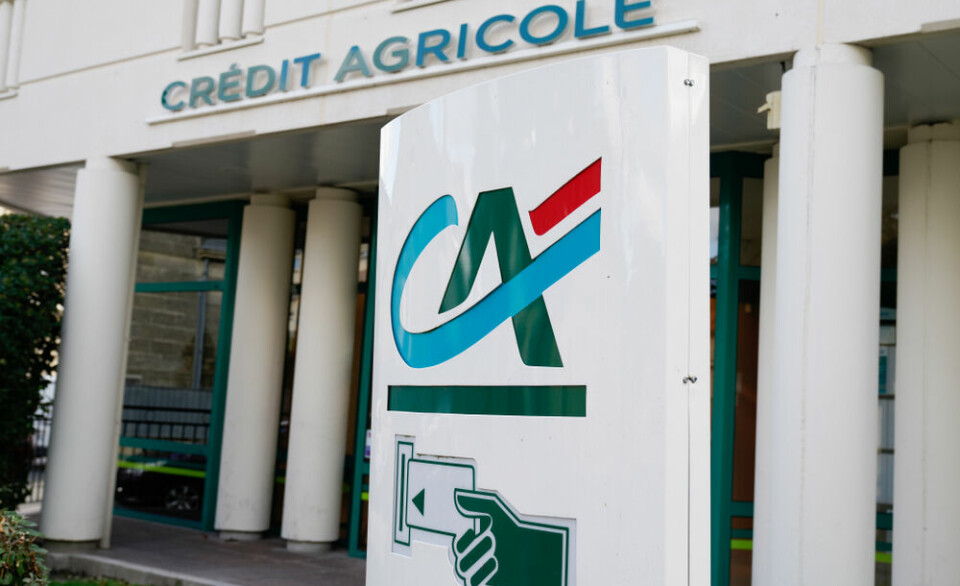What weather is predicted for France this winter?
An autumn ‘La Niña’ event is expected to impact France’s weather
Will France see a warmer and sunnier winter this year?
Laurent CHEVALLIER / Shutterstock
France may experience a warmer winter than usual this year, according to early forecasts.
‘La Niña’, an occasional weather event in the Pacific which causes weather patterns to shift worldwide, is behind this year’s predictions.
Sea temperatures in the Atlantic are expected to be warmer over winter if the event happens, bringing a knock-on effect to the French mainland.
Temperatures are forecast to be between 0.5C and 1C warmer than the average from the last 30 years on land.
The south of France, Atlantic coast, and Loire Valley areas are set to see temperatures rise the most, potentially by more than 1C.
The warmer than average weather is most likely to be in December and January, although occasional cold snaps will persist, especially in the north and east, up to the end of February.
In addition, less rainfall is forecast, particularly in the south-east, leading to a drier winter. However, rainfall is set to increase at the beginning of next year.
What is behind the predictions?
‘La Niña’ sees water temperatures in the Pacific Ocean drop by up to 5C.
As the warmer water is pushed away from the Pacific it warms many other regions of the world, including Europe.
Temperatures in the Atlantic ocean can increase by up to 4C during a la Niña phase, including by around 1C - 2C in French coastal waters, both of which affect weather patterns and make mainland temperatures warmer.
There is a 70% chance of la Niña occurring this year, according to studies by both the Climate Prediction Center and the International Research Institute for Climate and Society.
Rainfall to be lower?
November is forecast to be drier than usual although there will still be some rainfall across most of France.
However, extreme weather events such as the southern Mediterranean and cévenol storms are still expected to happen.
December will see a more noticeable lack of rain, both in terms of the number of days it rains and the amount of rainfall.
Fierce storms are less likely to appear than usual although instability in the Mediterranean may push such weather events up into France.
Nights will remain cold in December despite the warmer daytime temperatures
Forecasts for January 2025 are not yet clear, but some predict a sudden increase in rainfall, in some places up to 50% higher than usual for the month, despite the warmer temperatures.
Heavy rain in January helps decrease the risk of droughts for the year. In 2024, France largely avoided dangerous summer droughts (except in parts of the south near the Pyrénées), after the volume of rain at the beginning of the year up to late spring replenished water tables.
Read more: Letters: Don’t forget that climate change hits French farmers too




























